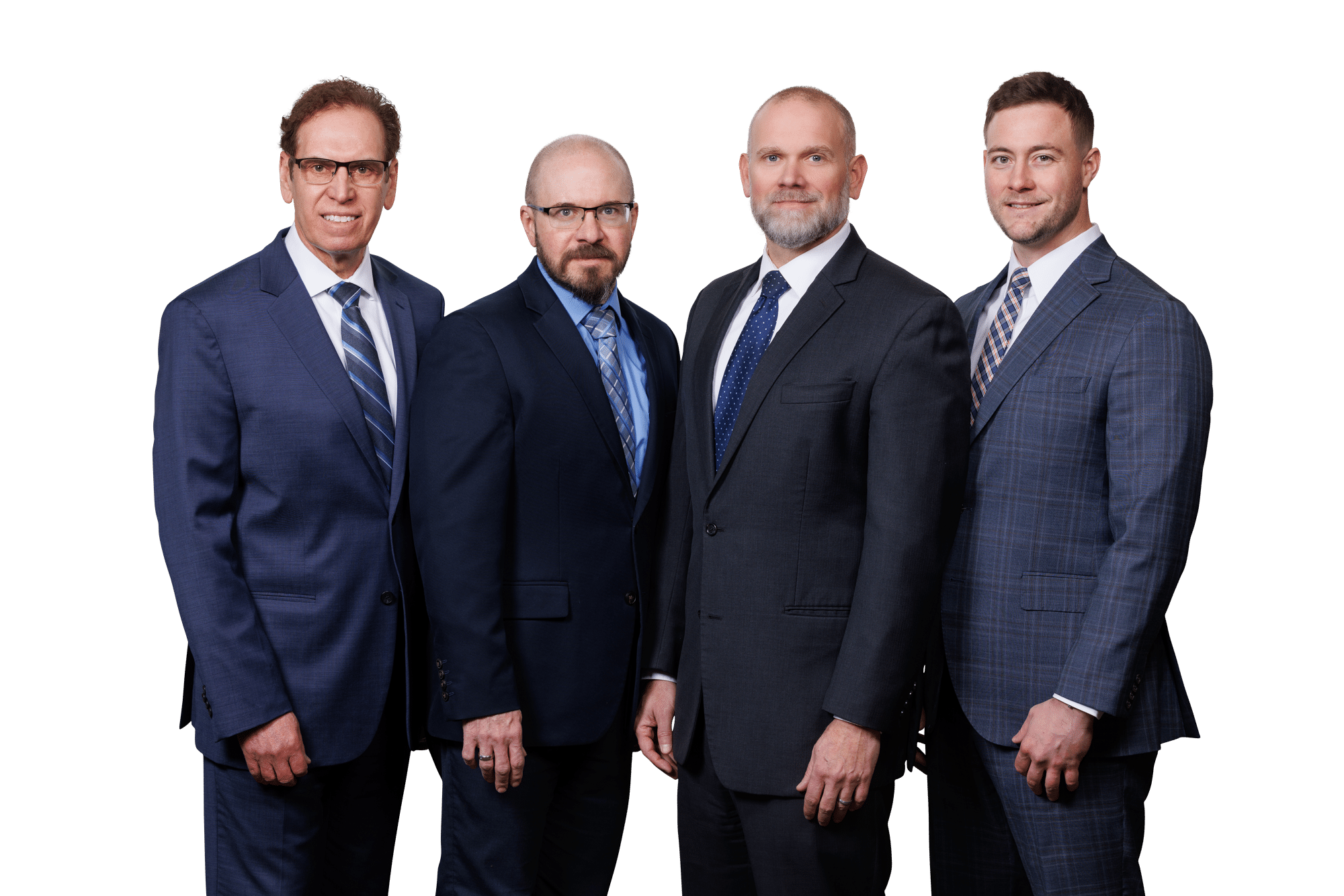Sunset Mesa Funeral Foundation defendants in a multi-party action were ordered to pay millions of dollars to 30 people who sued over the selling of their loved ones’ bodies…
Attorney Keith Killian on Friday said what happened to his clients was egregious.
“The whole idea of a civilized society is respect for the dead. This is one of the most despicable acts in the United States committed by a mortuary or someone who does cremation. Unfortunately, not only the citizens of Montrose, but the county, has been besmirched by this. I think the court’s recognition of that is seen in the order,”
“I think the magnitude of the desecration is seen in the amount of the judgment, but the likelihood of my clients collecting anything significant is remote.”
After hearing testimony as to damages in February, Montrose District Judge Cory Jackson on Wednesday awarded all but one plaintiff in Artrup, et. al., damages, trebling the awards in some instances. He found Sunset Mesa defendants Megan Hess, her mother Shirley Koch, and father Alan Koch were liable by default because they had failed to defend or offer pleadings to the claimed violations of the Colorado Consumer Protection Act, the Colorado Organized Crime Control Act and Colorado’s civil theft statute.
Separate of the civil action, Hess and her mother have been federally indicted over an alleged scheme to acquire and sell human remains, which they deny.
Jackson, who also awarded costs and interest, held in abeyance an award to one plaintiff, on whose behalf another had testified because she had died during the pendency of the case. Jackson said the person who testified needs to file information about the death and a motion to substitute parties before he can make a determination as to an award. These pleadings have been drafted.
Jackson also declined for now to enter default judgment against an unidentified trust of which Hess was listed as trustee. He gave plaintiffs 42 days to file a motion to substitute or otherwise address that trust.
Lead plaintiff Christopher Artrup and the other 29 plaintiffs suffered four ways, Jackson’s order said: the defendants stole money that was paid for proper funeral services; stole personal property such as jewelry from the bodies; “stole and sold the bodies,” and the actions caused pain and suffering.
The order hit the defendants with a judgment totaling about $16 million, reflecting payments ranging between $468,000 and close to $1 million per plaintiff.
“This case concerns the extraordinary allegations that the defendants acted and conspired to steal and illicitly sell the bodies of the plaintiff’s loved ones while holding themselves out as a mortuary service,” Jackson wrote.
In a letter to the plaintiffs, attorney Keith Killian reminded his clients that being able to find funds with which to satisfy the judgment will be difficult.
“The FBI has seized assets they were able to locate. Once we determine whether the seizure will permit us to put a lien on (Hess’) house or vehicles, we will advise you,” Killian wrote.
“Of course this brings some level of closure and some acknowledgement of the level of the severity of the insult,” Killian said Friday. “It brings some level of acknowledgment to the grim reality these folks have to face. There is still the idea of collecting on it.”
The Artrup case was one of six lawsuits filed against Sunset Mesa, and/or Hess, her parents and other parties, including companies said to have purchased human bodies and body parts from Hess’ Donor Services Inc. Of the six, the Artrup case is one of four to be brought by multiple parties, and is the fourth to result in a judgment against Sunset Mesa Funeral Foundation defendants.
Not all of the suits named all of the same people or entities as defendants, but made similar complaints: That Hess sold the remains of people without the permission, or full permission, of their survivors.
Sunset Mesa Funeral Foundation did business as Sunset Mesa Funeral Directors in Montrose until 2018 when, after the FBI and state of Colorado served search warrants, it closed, as did the related business, Donor Services Inc. Based on complaints that Sunset Mesa had returned to families substances other than cremains — or in some cases, the incorrect cremains — the state suspended Hess’ funerary and crematory registrations, which she later permanently surrendered, while denying wrongdoing.
Hess and Shirley Koch were federally indicted last year on allegations of mail fraud relating to more than 30 decedents and three counts of shipping diseased human remains. The feds allege the women engaged in a scheme to procure bodies to sell to the medical and research market.
- The case is tentatively set for trial in August.
- Alan Koch was not charged in the indictment.
During February proceedings, the Artrup plaintiffs told of nightmares, enduring trauma and grief as they detailed the pain of either not knowing what had become of loved ones whose remains they entrusted to Sunset Mesa, or of knowing they had been dismembered and sold, based on what the FBI told them.
In assessing the economic and non-economic damages each plaintiff had suffered, Jackson considered statutory maximums and whether treble damages would apply. He also had to determine the monetary loss — and that meant estimating the likely sale price of each body or body part, or item of jewelry/other possessions. It makes for a macabre list: $3,450 affixed as the “likely” sale price of some bodies; $1,750 for the parts of others; $1,000 for jewelry, and more.
“How do you value you that? How do you value walking around on a daily basis, thinking about your (family members) and translate that into monetary figures?” Killian said Friday. “You really can’t. It’s just a hole in your heart you can’t really patch, but I appreciate that the court acknowledged the significance of the losses to my clients. How do you put a dollar amount on a part of someone’s body? It’s what the market will pay, but it doesn’t really measure the suffering of the family.”
February testimony pointed to that kind of immeasurable loss.
Litigant Debra Schum testified to caring for her best friend of 30 years, Lora Lee Johnson, in her final days and of entrusting her arrangements to Sunset Mesa, only to later learn Johnson’s body was sold, not cremated.
“Not everything is monetary. I feel like my normal grief process has been stolen too,” Schum said. “It’s all melded together now. I can’t think about Lora Lee without thinking about her being chopped up. … This is for me the most traumatic event for my life.”

